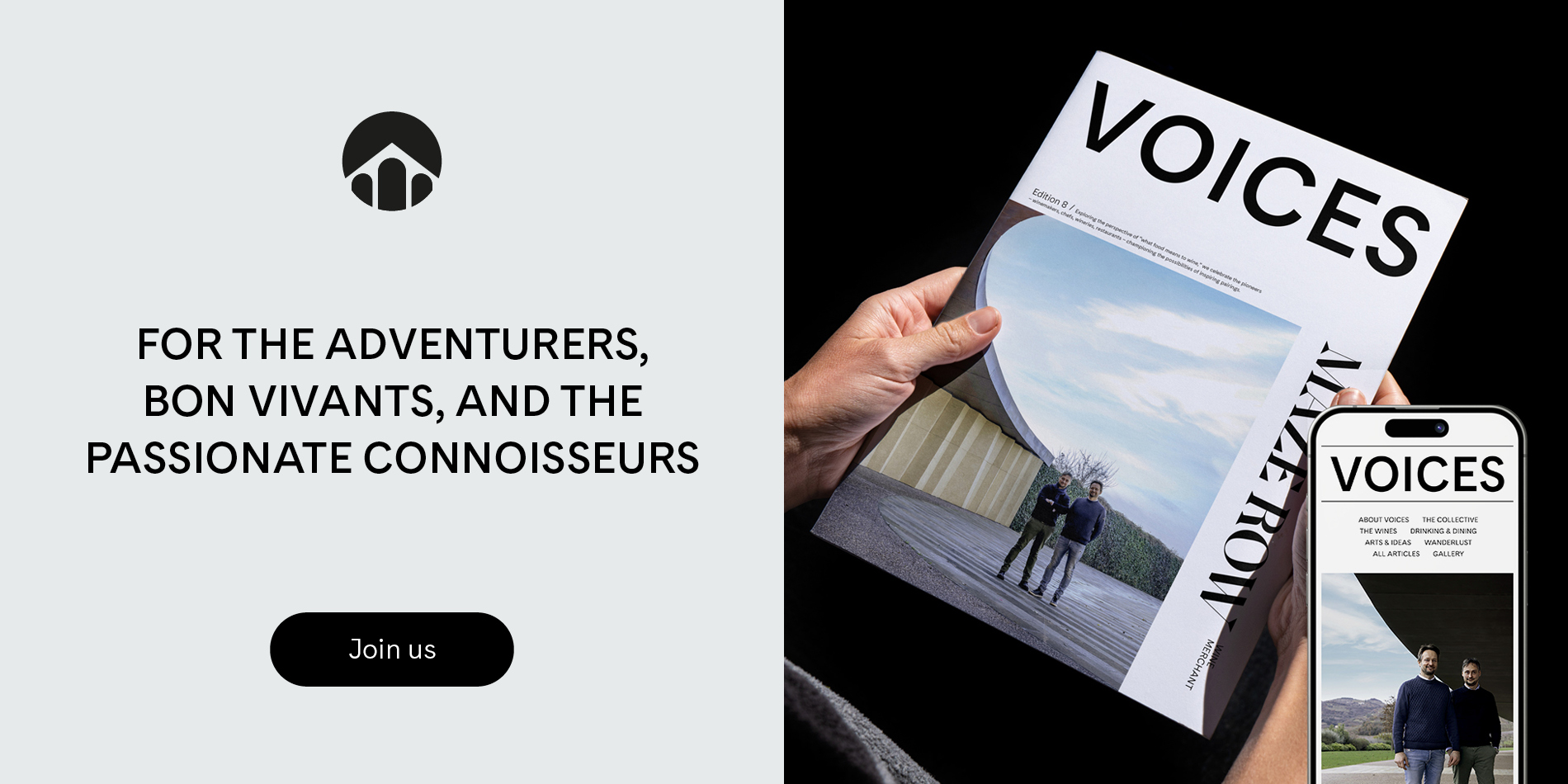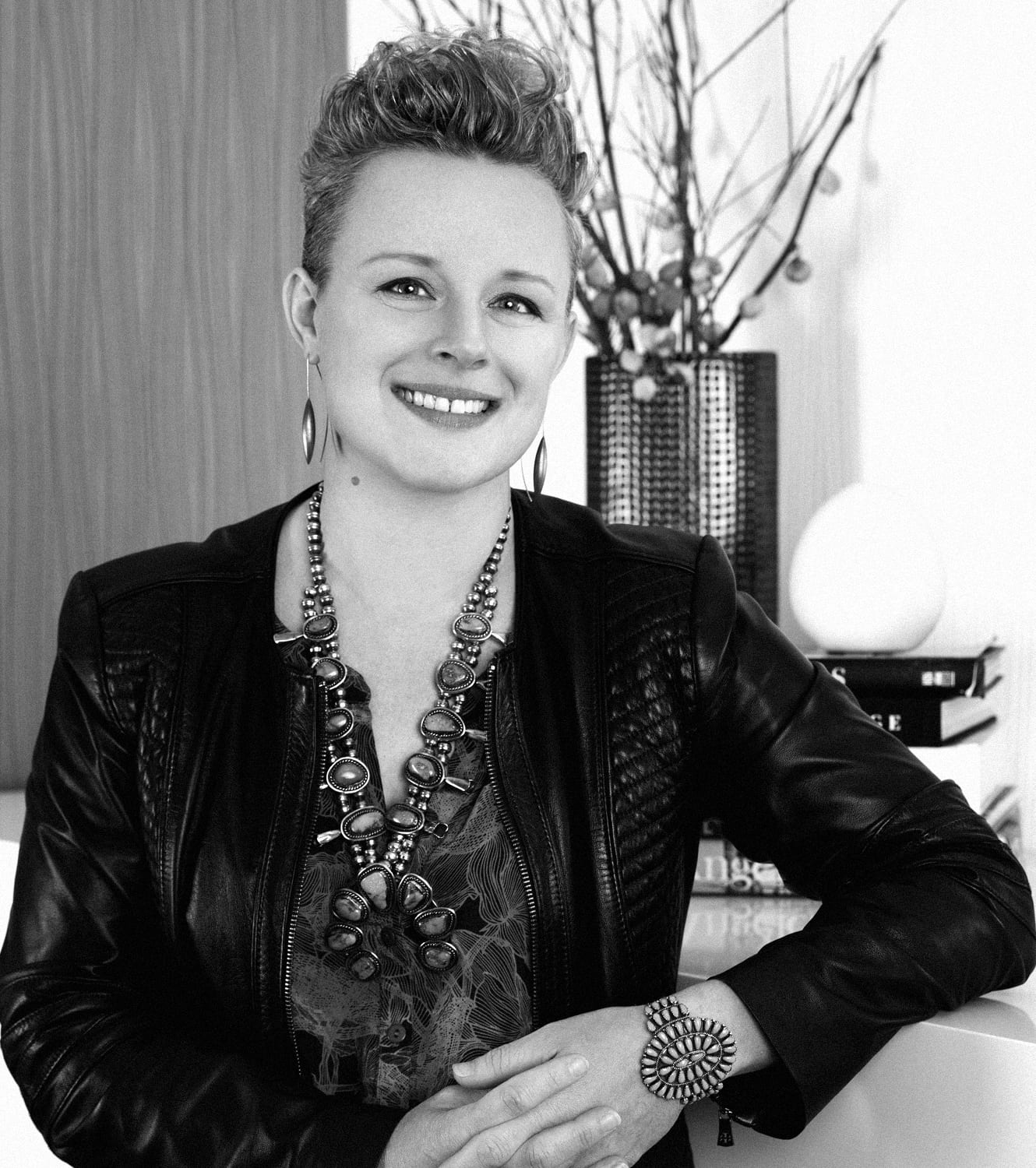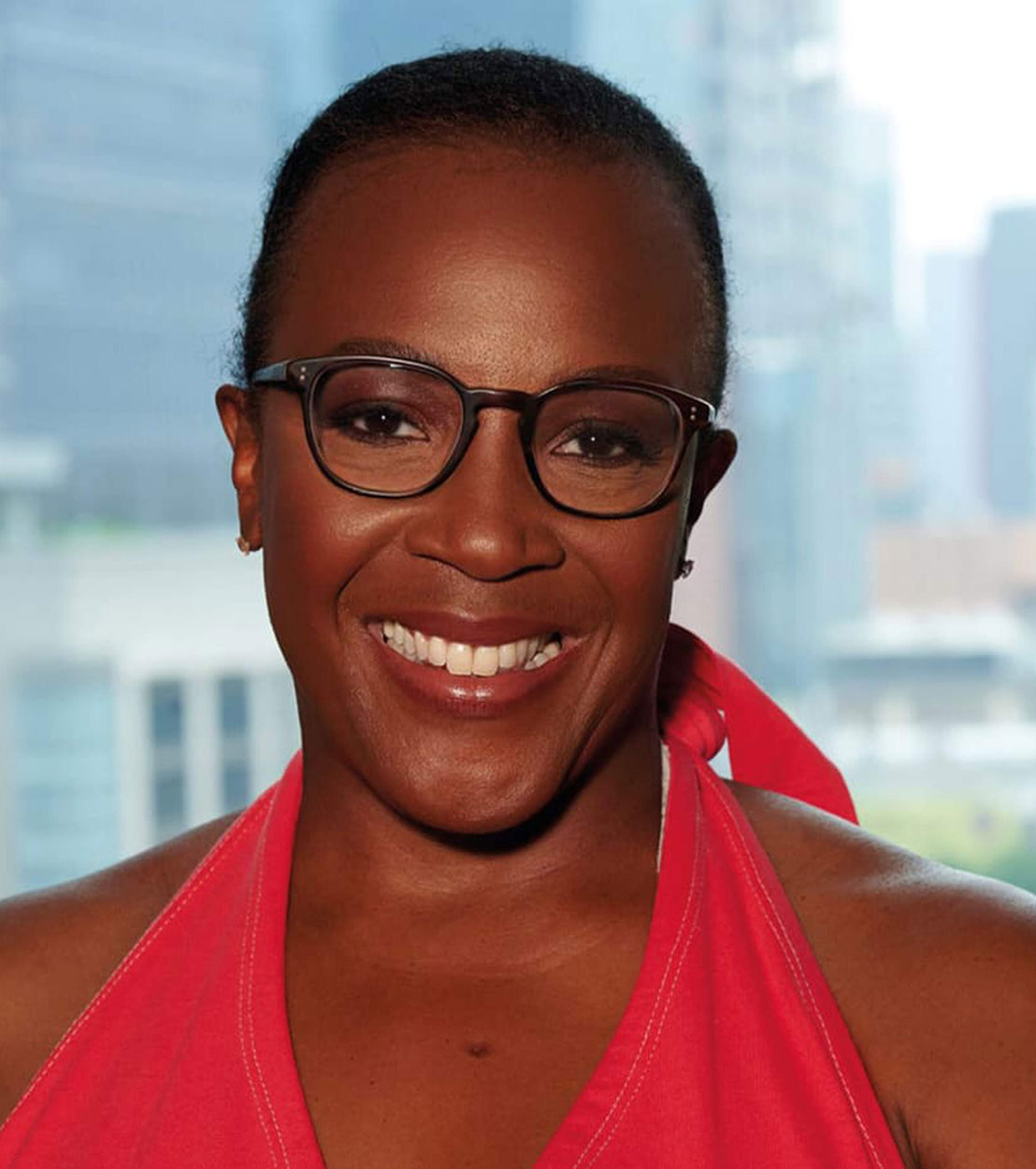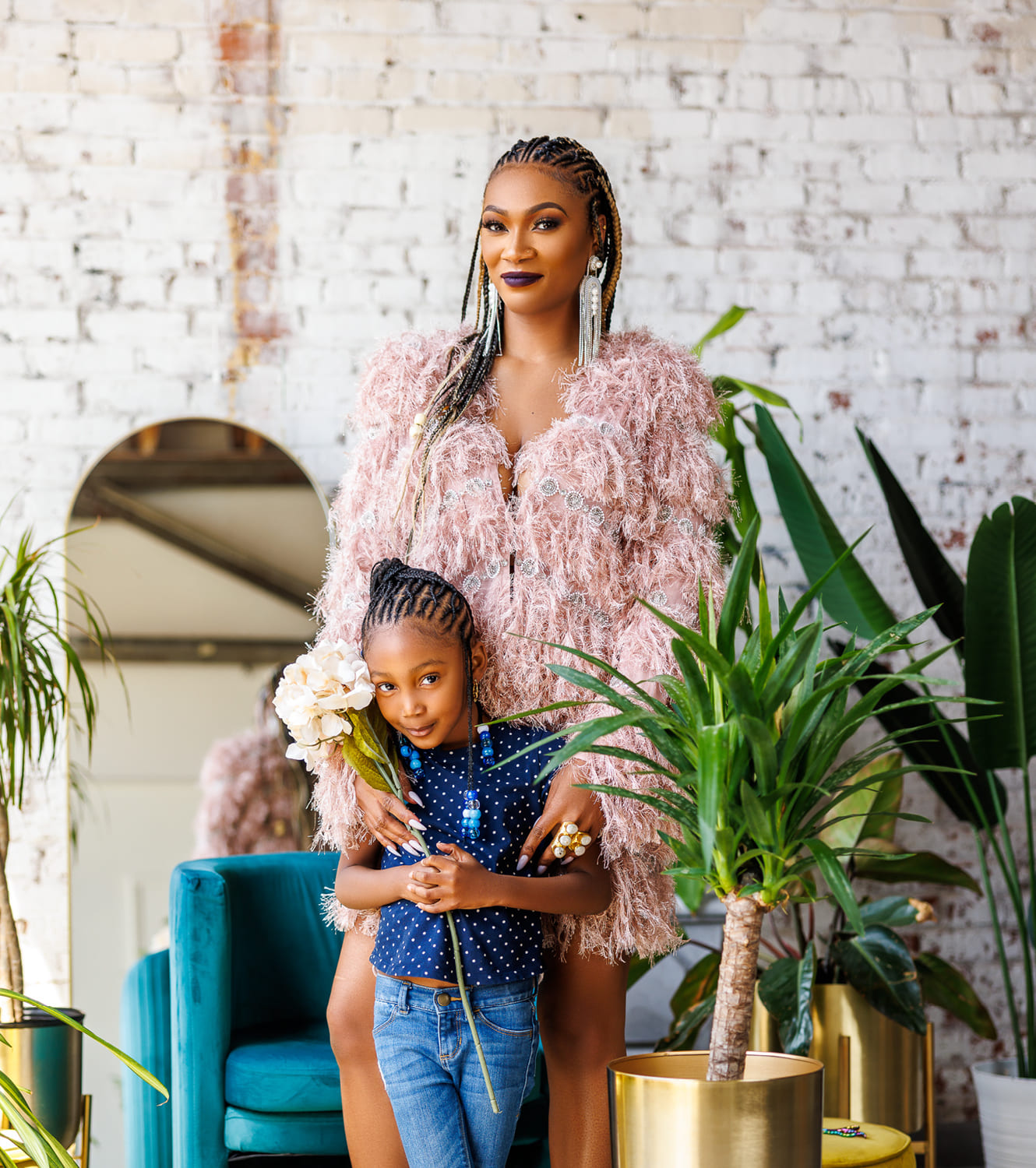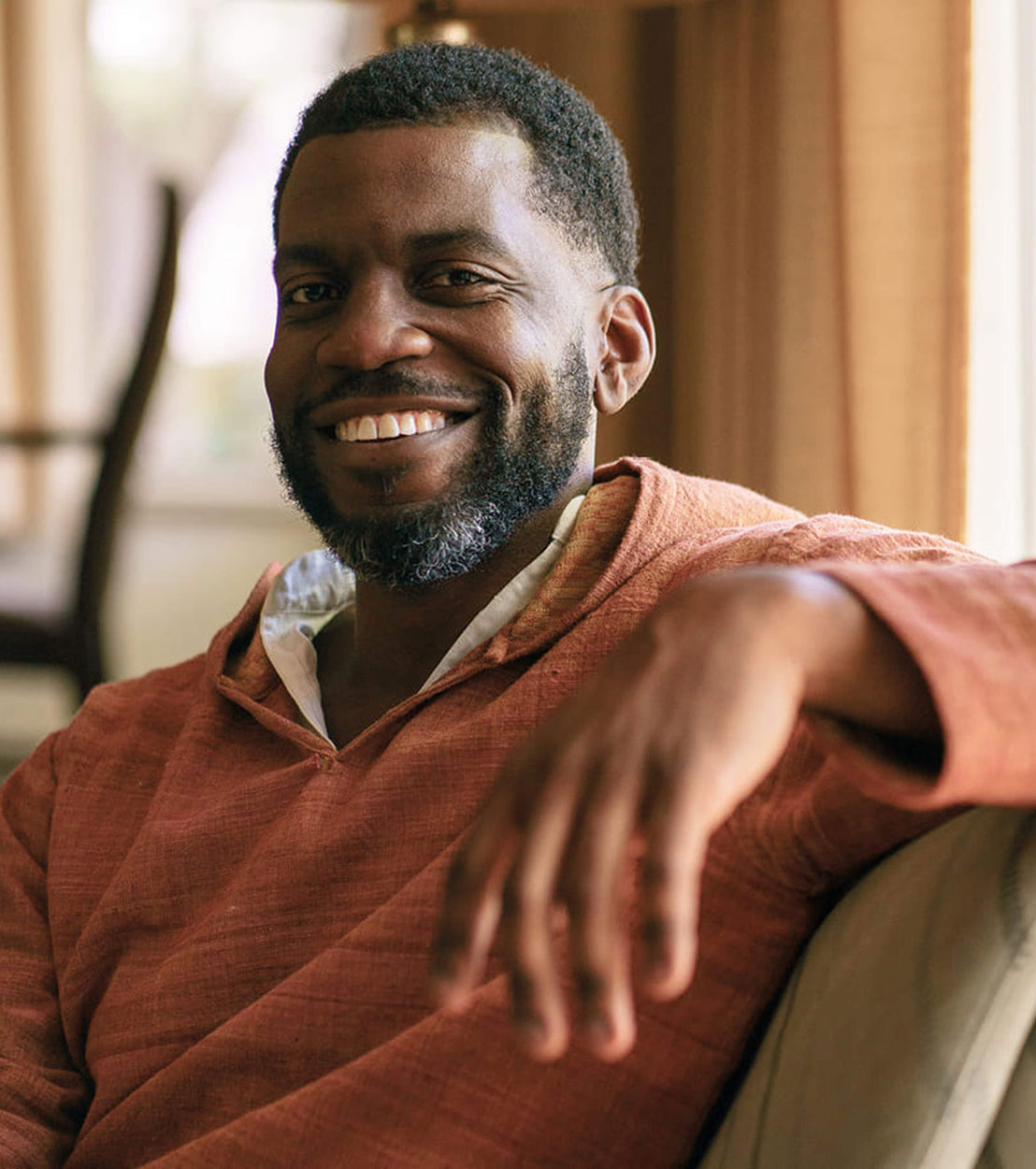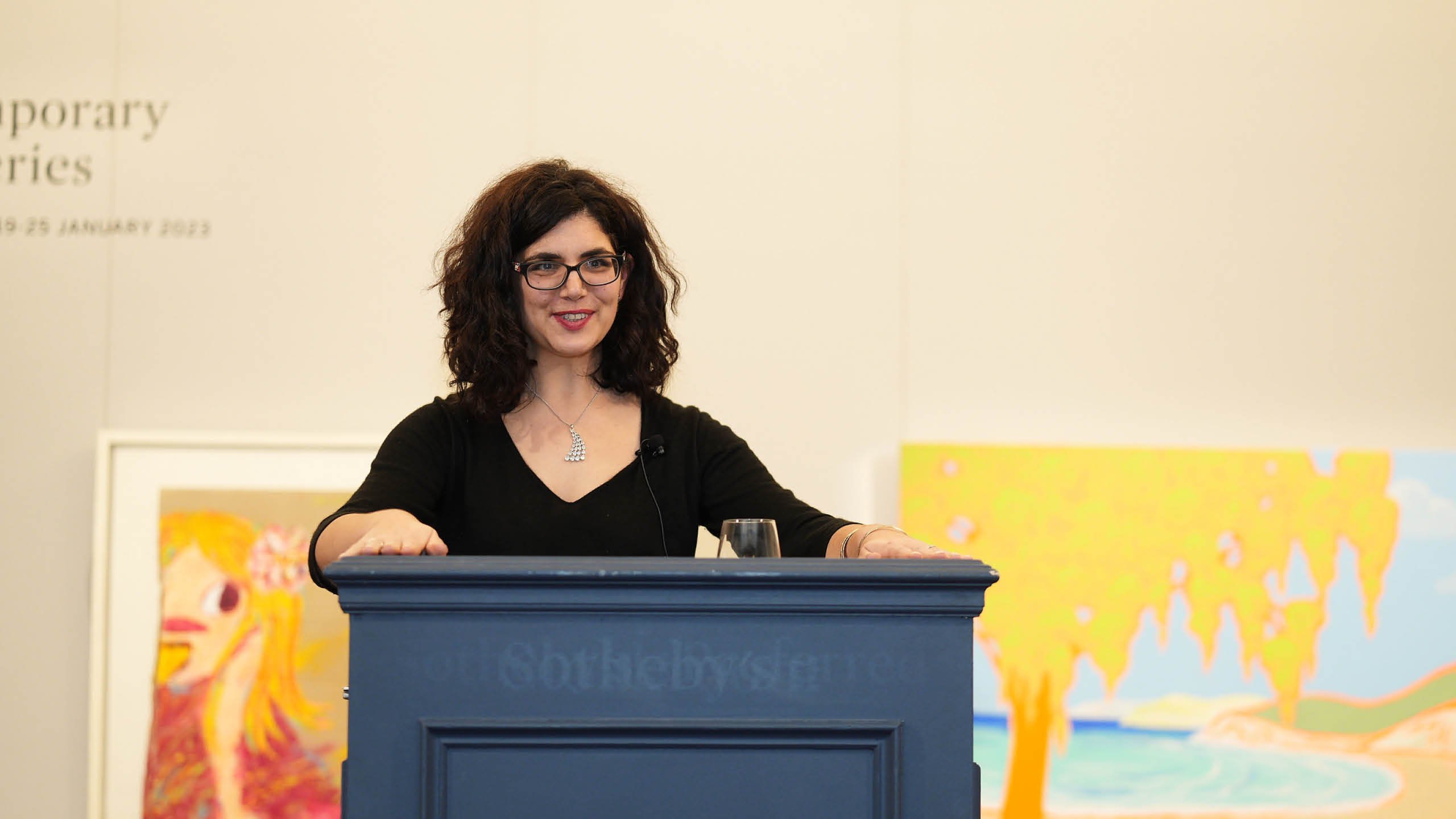
A NEW CHAPTER
Pauline Vicard is helping reshape the future of fine wine with her think tank ARENI Global. She tells Nargess Banks her views on the ever-evolving story of luxury hospitality
Faith in collective intentions is central to ARENI Global, Pauline Vicard assures me as we settle down to discuss the future of luxury hospitality and fine wine. Through engaging academics and industry professionals worldwide, her research and action institute – which she co-founded in 2018 and of which she is the executive director – guides wineries, distributors and retailers in navigating the future of fine wine.
Eric Asimov of The New York Times has likened the organization to a think tank in the fine wine world, one involving multiple voices. “Having diverse voices around the table improves the quality of our insights and analysis,” Vicard continues, quickly clarifying, “Diversity isn’t just about putting people together; it’s paying attention to how you curate those divergences of expertise. There’s value in actively searching for people who do not think like you. Otherwise, you’ll end up in a bubble.”
Vicard and I first met over a decade ago. She had opened the “wine library” at Clerkenwell London – a design and fashion emporium where she was appointed wine director. Her wine shop was a stylish space with bottles artfully displayed like books in a library. A gorgeous hand-crafted table lay in the center for tastings, and there were paintings and objets d’art, spinning vintage vinyl, delicate golden lighting and candles filling the space with subtle smoky aromas.
Having just published The Life Negroni, we were invited by Vicard to promote our book alongside a host of young independent makers of spirits. It was a buzzy affair of food and wine tasting, cocktail shaking, book reading, and a DJ who played lively tunes into the night.
Raised in a winemaking family in Burgundy and with deep wine knowledge, Vicard challenged guests to see, experience, and engage with her fine wine collection. Much of the audience was new to wine tasting. And I’m sure that evening would have lighted up the spirit of wine in many. Vicard understood the art of storytelling. She was ahead of the game.
She smiles at the memory. “Clerkenwell London was built on creating connections: if you wanted to discuss creativity, design and fashion, you would go there. And food and wine was a part of this.” Sadly the store proved too costly and conceptual for its time and soon after folded, but it allowed Vicard to refine her skills.
“I was interested in connecting with people who may not have been interested in wine or drinking, as there are still so many things that can fascinate them about wine,” she says of the experience. “With wine, there is always a connection to something else – to science, history, food, people. You don’t need to like wine or even be a drinker to find an interest.”
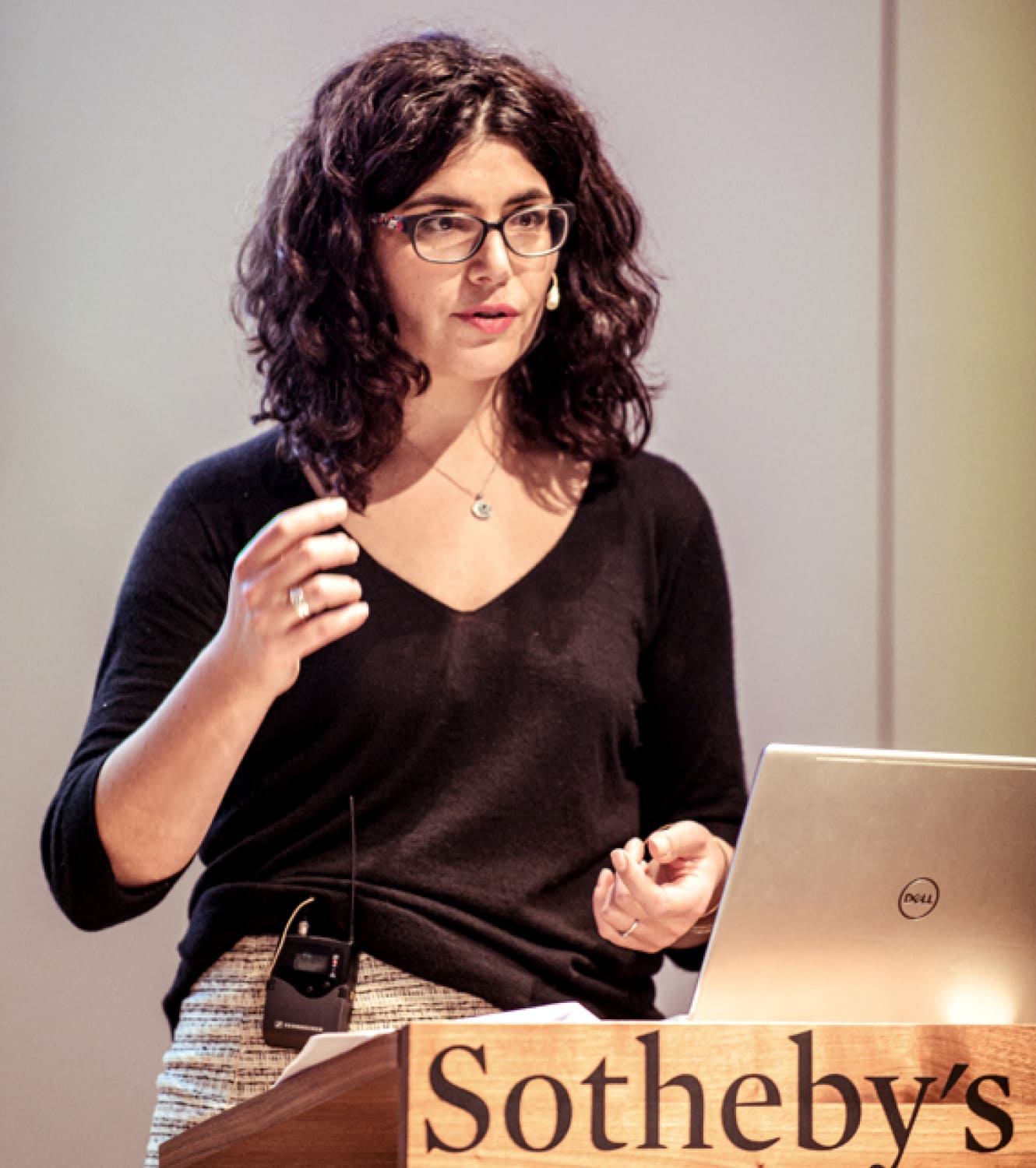
Pauline Vicard, executive director at ARENI Global, an organization she co-founded in 2018 to help guide wineries, distributors and retailers.
©Pauline Vicard
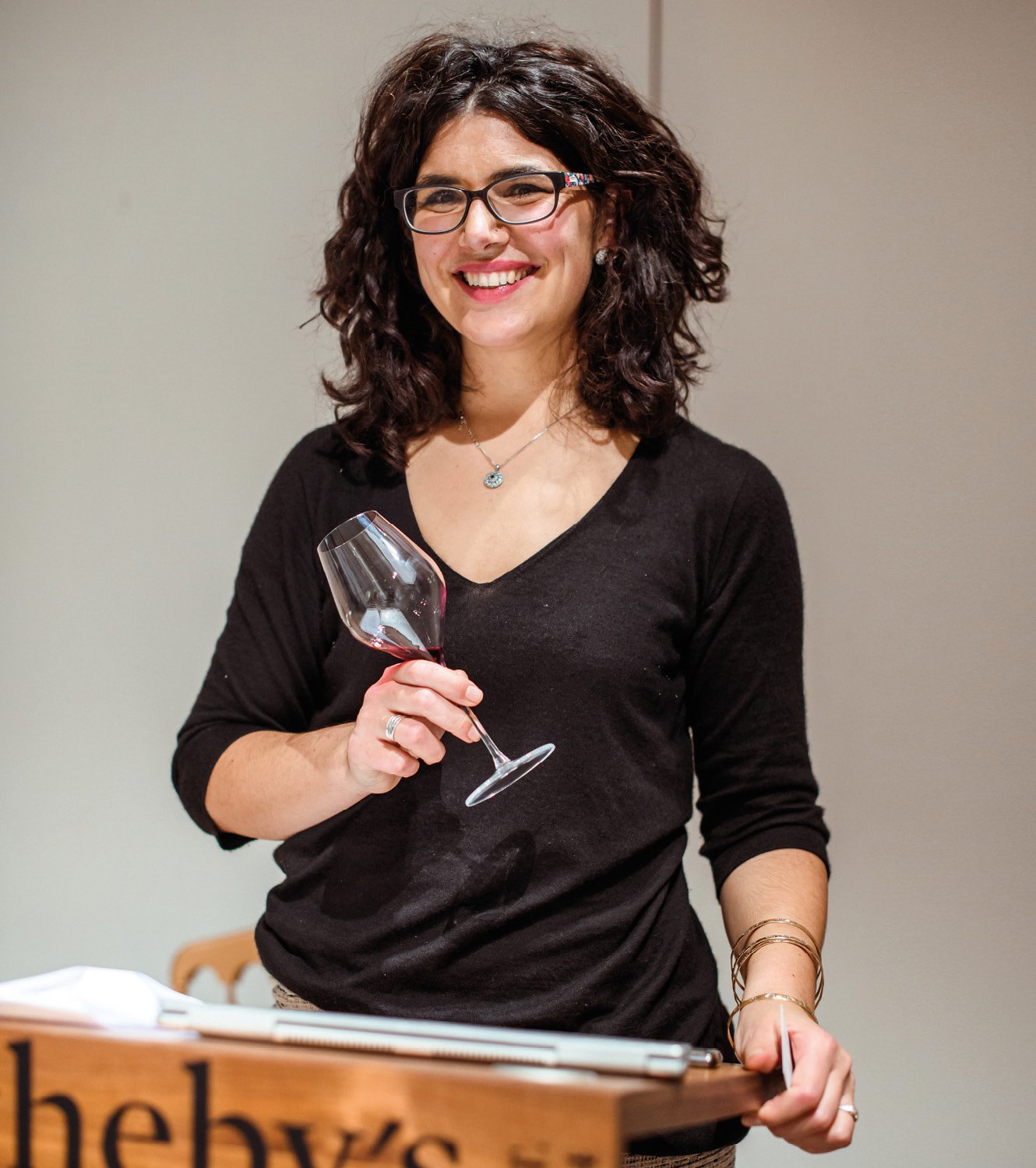
GOING PLACES
Vicard remains truly passionate about her craft of communicating fine wine and is clearly energized by our debate on luxury. I’m interested to see how she views the perils and possibilities of wine hospitality within a landscape heavily focused on the experiential. “The clever wineries will successfully decrypt what it is for them to propose a unique experience, and I’ve seen much care and dedication given to creating experiences and translating the sense of place through those experiences.”
This “sense of place,” be it physical, ideological, or spiritual, and how it informs our creative process (a theme we used to shape VOICES edition 3) is a concept we hear more and more about within the food and wine community. “I find the term interesting,” she replies when I mention this. “The French have built their trade and industry around the term ‘terroir,’ it’s interesting how the New World (of wine) has taken possession of ‘sense of place.’ It’s as though a new language has been created for their reality.”
She warms to the subject. “Sense of place is the bridge between typicity, traditionally driven by the region and style of wine, and authenticity, which you can interpret in very different ways. It builds the bridge between your identity individually and as a winery. The concept speaks to us all.”
I ask how Vicard views the concept shaping wine hospitality. “When building experiences at wineries, the sense of place is taking ‘terroir’ to a different level,” she replies. “It’s about understanding your identity, outside of soil and grape variety, but as an individual winery within a local context and community. From what I’ve seen, the world of hospitality in South African wineries reflects this well. Terroir wouldn’t allow that.”
FEELGOOD FACTOR
We move onto the inevitable subject of the pandemic, a pause for many industries, especially hospitality, to rethink their propositions. Famously, chef Daniel Humm turned his Michelin-star New York restaurant, Eleven Madison Park, entirely plant-based and set up a free healthy food truck in the city’s most deprived area. And there were countless other examples of chefs and restaurateurs reevaluating their sense of purpose.
“People at the top in fine dining and fine wine tend to be thinkers; that’s how they get to be there, but the questioning accelerated,” she admits. “Excellence is still a major driver, but that term is being reinterpreted. Whereas before, the notion of excellence, say in food, would have come in one shape or form – Michelin stars, white tablecloths, etc. – now it allows for more paths that don’t follow the same codes. The notion of excellence will also follow this idea of eating well, eating healthy, eating responsibly, eating without, meaning without pain to animals or people. You know the origin of the word restaurant is to restore, to restore your health, and chefs are returning to this notion.”
I interrupt her flow to understand the role of fine wine and how we talk about wine within this new luxury landscape, which is evolving to be more transformational rather than being about experience alone. She replies simply: “Wine will follow. Be it driven by the winemakers or consumers, wineries will show how hospitality and the experience can make you happier and help you feel better.”
We both agree this will liberate the wine educator and communicator, who has even more freedom to use knowledge, history, people, location, and the age-old art of storytelling to add layers to how we experience wine. “A sommelier’s job isn’t just to open and pour wine but to make sure the wine tastes better for you, and the process can take many routes: play on joy, memory, and emotion. If hospitality can help you think about life positively, that adds value. And wine shouldn’t struggle to do this too much since we have so many stories to tap into.”
But where do you draw the line between being inclusive without losing the sense of exclusivity that is fundamental to the concept of luxury? “It’s a tricky question as luxury needs to be aspirational,” she replies, quickly adding, “Aspirational, though, doesn’t always translate to expensive. And, although in certain markets price is still a big driver, elsewhere fine wine is about lifestyle.”
After a moment’s thought, she returns to the subject. “Exclusivity is always part of the game in the luxury sector, though. You walk a fine line between what is needed to be exclusive and what can be done to include more people in that dream and aspiration. This could mean having a second or a third wine for those who can’t access the ‘dream’ wine.”
Storytelling, I suggest, is a powerful tool to excite, engage and be transformative without the need for a physical exchange. “Yes, but this requires the winery to really care about being inclusive, care for the people who can’t afford fine wine but are interested,” she offers. “Then the winery can find ways to engage with them. This also involves seeing people beyond the traditional faces who consume wine – diverse people of different ethnic makeups and abilities.”
A WIDER REACH
This neatly brings us to the hot topic of the language of wine and how the so-called global north has been largely directing the discourse, which has, by default, excluded certain parts of the world. Vicard agrees that there is a definite bias. “The New World has been influenced by the Old World, which impacts language and references. But it’s changing, and this switching of ‘terroir’ to ‘sense of place’ symbolizes this,” she says with a smile. “I see more interesting and open-minded people joining the wine world, expanding on the vocabulary of wine, and communicating in a global context. We are moving from a European vision of fine wine to a more international perspective.”
Advancing technology, the rise of virtual reality and the metaverse offer a myriad of opportunities for the luxury sector to expand its audience. It’s undoubtedly an area high fashion has been exploring for some time. Vicard also sees an opportunity here for fine wine.
“Experience shouldn’t end at a visit to the winery. Besides, only something like 10 percent of consumers will travel to the winery.” In a world where we will have to be more mindful of air travel and our carbon footprint, it’s fundamental to curate other transportable experiences.
“That’s the next step,” she says. “And in the context of diversity, if you want the experience to be transportable, your identity needs to be visible, and take other worlds and interests into account. There is so much story in wine, that is a guarantee, we just have to select the ones that engage others.”
We recommend
MAKING WAVES
Through her wine program at Cooper’s Hawk, and as chair of the board of the Court of Master Sommeliers, Americas, Emily Wines is making it her mission to bring diversity, inclusivity and excitement to the world of wine
NEW PERSPECTIVES
Alicia Towns Franken, executive director of nonprofit organization Wine Unify, talks to Kyla Marshell about race and diversity (or lack of) in the wine business
STILL SHE RISES
Sommelier Tahiirah Habibi worked her way up to top jobs in hotspots such as Michael’s Genuine, while simultaneously raising her daughter. Here, she tells us how joining forces together is the only way to break the glass ceiling and bring about lasting change
ORIGIN STORY
With High on the Hog, Stephen Satterfield looks at US history through the lens of Black food to weave richly layered critical narratives. He speaks with Jordan Mackay
